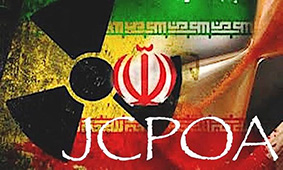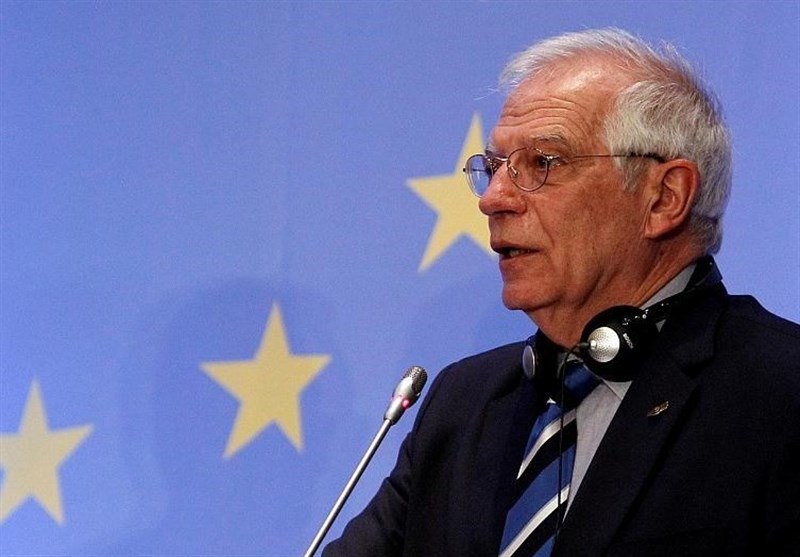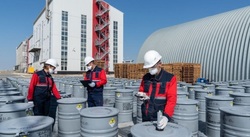
EU Extends Timeline for Dispute Mechanism on JCPOA

“There is agreement that more time is needed due to the complexity of the issues involved. The timeline is therefore extended,” Borrell said in a statement, Reuters reported.
Under the agreement between Iran and world powers, Borrell serves as guarantor.
Borrell was notified earlier this month by Paris, London and Berlin that they had triggered the dispute mechanism, in theory starting a 15-day process to resolve issues with Iran.
There are some questions over when the 15-day period should start because Iran has not formally recognized the consultation process, officials have said.
China and Russia are also signatories to the deal signed in Vienna in 2015 and have publicly expressed misgivings about the Europeans’ decision to trigger the mechanism. All sides say they want to save the deal, which US President Donald Trump withdrew from in May 2018.
Borrell said the joint commission that regulates the Iran nuclear deal will meet in February. He did not give a date.
After months of gradual steps to reduce compliance, Iran announced on January 5 that it would take the fifth and final step in reducing its commitments under the nuclear accord to both retaliate for Washington’s departure, and trigger the European trio to respect their obligations towards Tehran.
The Iranian government announced in a statement that from now on, the country will observe no operational limitations on its nuclear industry, including with regard to the capacity and level of uranium enrichment, the amount of enriched materials as well as research and development.
Iran's Deputy Foreign Minister for Political Affairs Abbas Araqchi said on January 19 that the three European signatories to the Iran nuclear deal, known as the Joint Comprehensive Plan of Action (JCPOA), cannot logically activate the dispute settlement mechanism, because Iran has already done that.



Trump weighs using $2 billion in CHIPS Act funding for critical minerals

Electra converts debt, launches $30M raise to jumpstart stalled cobalt refinery

Codelco cuts 2025 copper forecast after El Teniente mine collapse

Barrick’s Reko Diq in line for $410M ADB backing

Abcourt readies Sleeping Giant mill to pour first gold since 2014

SQM boosts lithium supply plans as prices flick higher

Nevada army depot to serve as base for first US strategic minerals stockpile

Pan American locks in $2.1B takeover of MAG Silver

Viridis unveils 200Mt initial reserve for Brazil rare earth project

Kyrgyzstan kicks off underground gold mining at Kumtor

Kyrgyzstan kicks off underground gold mining at Kumtor

KoBold Metals granted lithium exploration rights in Congo

Freeport Indonesia to wrap up Gresik plant repairs by early September

Energy Fuels soars on Vulcan Elements partnership

Northern Dynasty sticks to proposal in battle to lift Pebble mine veto

Giustra-backed mining firm teams up with informal miners in Colombia

Critical Metals signs agreement to supply rare earth to US government-funded facility

China extends rare earth controls to imported material

Galan Lithium proceeds with $13M financing for Argentina project

Kyrgyzstan kicks off underground gold mining at Kumtor

Freeport Indonesia to wrap up Gresik plant repairs by early September

Energy Fuels soars on Vulcan Elements partnership

Northern Dynasty sticks to proposal in battle to lift Pebble mine veto

Giustra-backed mining firm teams up with informal miners in Colombia

Critical Metals signs agreement to supply rare earth to US government-funded facility

China extends rare earth controls to imported material

Galan Lithium proceeds with $13M financing for Argentina project

Silver price touches $39 as market weighs rate cut outlook


















